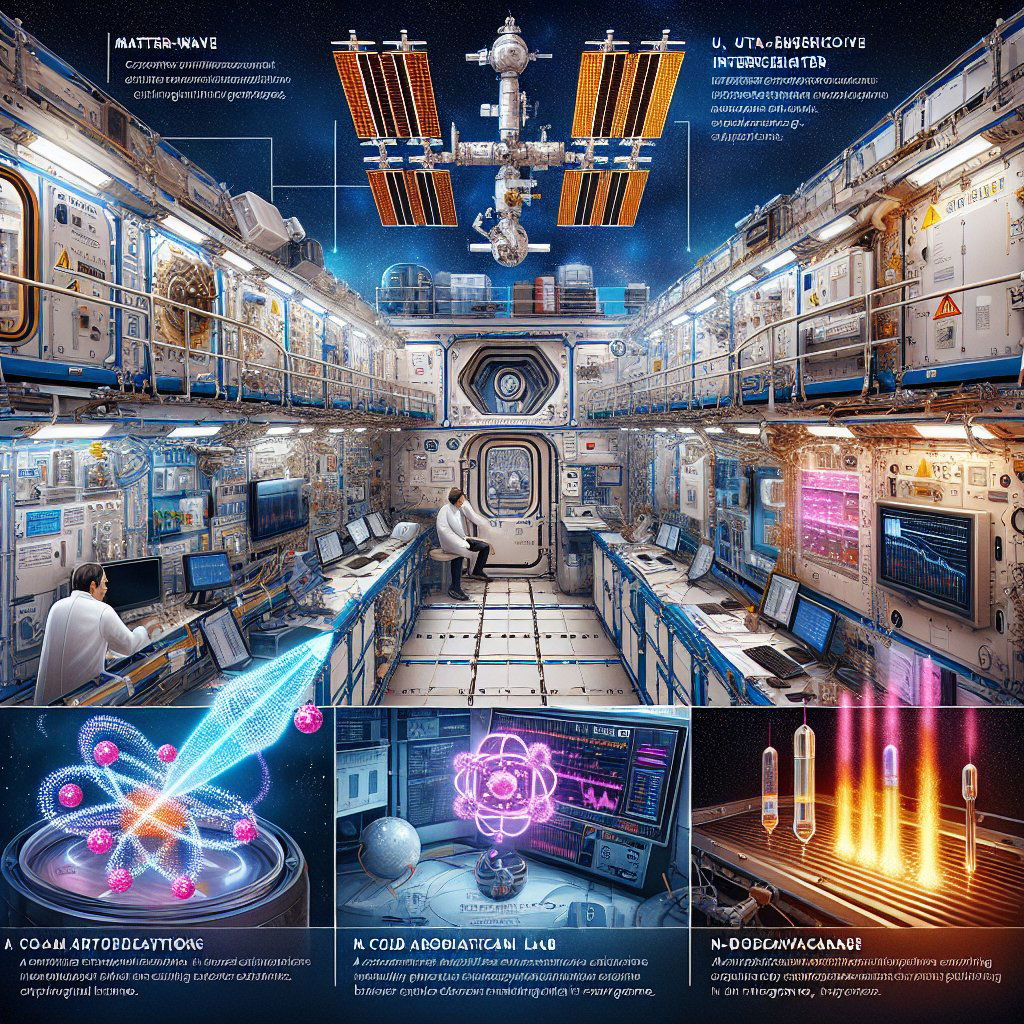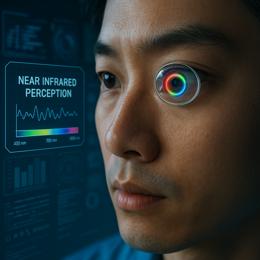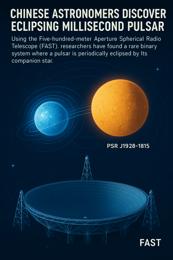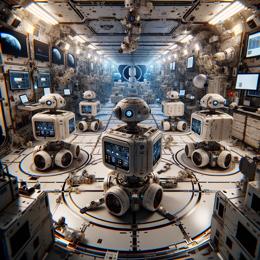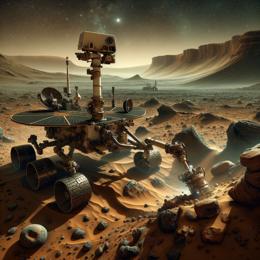Image created by AI
Pioneering Space Research: Enhancing Science in Microgravity Aboard the ISS
The International Space Station (ISS), a marvel of human engineering and collaboration, serves as an exceptional laboratory for scientific research that pushes the boundaries of our knowledge, particularly in areas where gravity's grip is lessened. Recent studies conducted aboard the ISS are proving to be a testament to this pursuit, harnessing the unique environment of space to gather invaluable data in the fields of physics, biology, and chemistry.
In an exemplary display of precision science, researchers have used an ultra-sensitive interferometer to investigate matter-wave interference in rubidium gases despite the vibrational disturbances aboard the ISS. This device measured phase shift variations between parallel beams through atom interferometry experiments. The findings, marking a significant achievement, suggest that such experiments are reliably robust and repeatable over extended periods, which is crucial for the advancement of high-precision measurement capabilities in various scientific disciplines.
The Cold Atom Lab on the ISS is instrumental in these experiments, with the facility's interferometer providing critical readouts of accelerations, rotations, gravity, and other subtle forces that may unveil new aspects of physics. The implications are vast: successful atom interferometry could become the backbone for future space missions that hinge on the persistent assessment of wave-matter interference, with applications ranging from the detection of gravitational waves and dark matter to seismology and improved satellite navigation technologies.
Parallel to the strides in physics, there's been progress in the study of bacterial gene fitness in space. The Bacterial Genome Fitness investigation, using the bacterium N. aromaticavorans, yielded intriguing results published in BMC Genomics. It underscores how certain bacterial genes adaptively respond to the stresses of microgravity by maintaining core metabolic functions and promoting growth. These insights pave the way for a deeper understanding of microbial resilience, which is vital to effectively leveraging bacteria in long-duration space missions for purposes such as waste composting and biofuel production.
Finally, researchers aboard the ISS have probed into the combustion characteristics of hydrocarbon fuels, specifically n-dodecane, in a microgravity environment. Their findings draw a marked distinction between the behavior of hot flames and 'cool flames', which can occur under cooler, less visible conditions. These observations indicate that hot flames could reignite unpredictably at higher pressures, raising concerns for fuel efficiency and safety in space travel. Through the Cool Flames investigation, knowledge gained about low-temperature combustion can lead to the engineering of more efficient engines and safer, cleaner-burning fuels.
Collectively, these research projects aboard the ISS epitomize the station’s role as a scientific vanguard, continually expanding our understanding of fundamental processes across various scientific realms. Through the diligence of scientists operating in a celestial laboratory, such research excites and equips humankind with deeper knowledge to harness for exploration and innovation beyond our planet.
